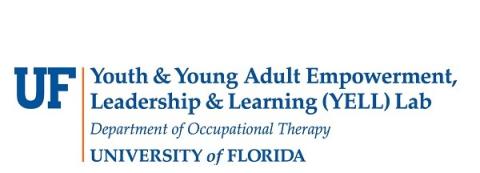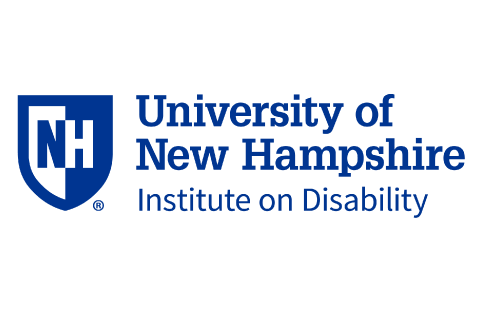Engaging Young Adults with IDD-MH and Researchers in Comparative Effectiveness Research

This project begins to reconcile past harms and change the way research is conducted with persons with intellectual and/or developmental disabilities and mental health service experiences (IDD-MH) and their families.
Why does IDD-MH Matter?
People with intellectual and/or developmental disabilities and mental health service experiences (IDD-MH) have a long history of unequal services and exclusion from active participation in most elements of research. Many harms have occurred when people with IDD-MH have been excluded from research or included in ways that did not recognize the rights of people with IDD-MH as full participants. These harms affect the person and their family, the type of supports and services that are provided, and the community as a whole.
Together we must learn from past experiences and make things better going forward. This project can help people with IDD-MH, their families, and researchers to partner in comparative effectiveness research.
To view the project website and read more:
This work was completed as part of the contract “Reconciling the Past & Changing the Future: Engaging young adults with IDD-MH and researchers in Comparative Effectiveness Research” funded by the Patient Centered Outcomes Research Institute (PCORI) Eugene Washington Engagement Award (15364 – UF). This work was a collaboration between Jessica Kramer, University of Florida (PI), Joan B. Beasley, University of New Hampshire (Co-PI), and Tawara D. Goode, Georgetown University (Co-PI). The Truth & Reconciliation model jointly developed for this project is adapted in part from original work created and owned by Georgetown University, through its National Center for Cultural Competence under Tawara Goode, Director, supported by a Georgetown University funded research project entitled “The Legacy of Research in Culturally Diverse Communities: Acknowledging our Past….Shaping our Future.” © 2012 Georgetown University. All rights reserved.


